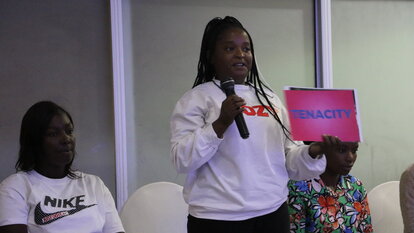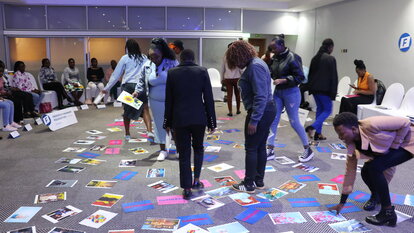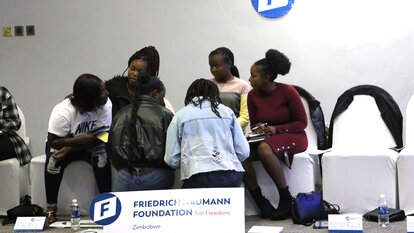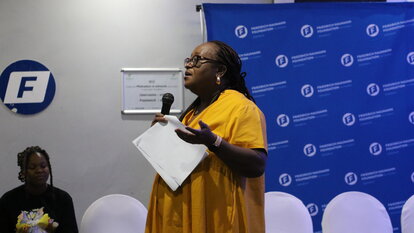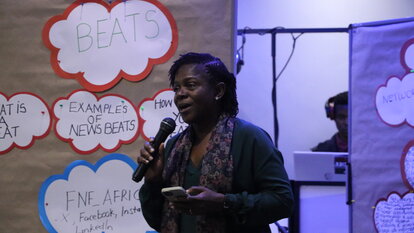Womentorship
Empowering female journalists
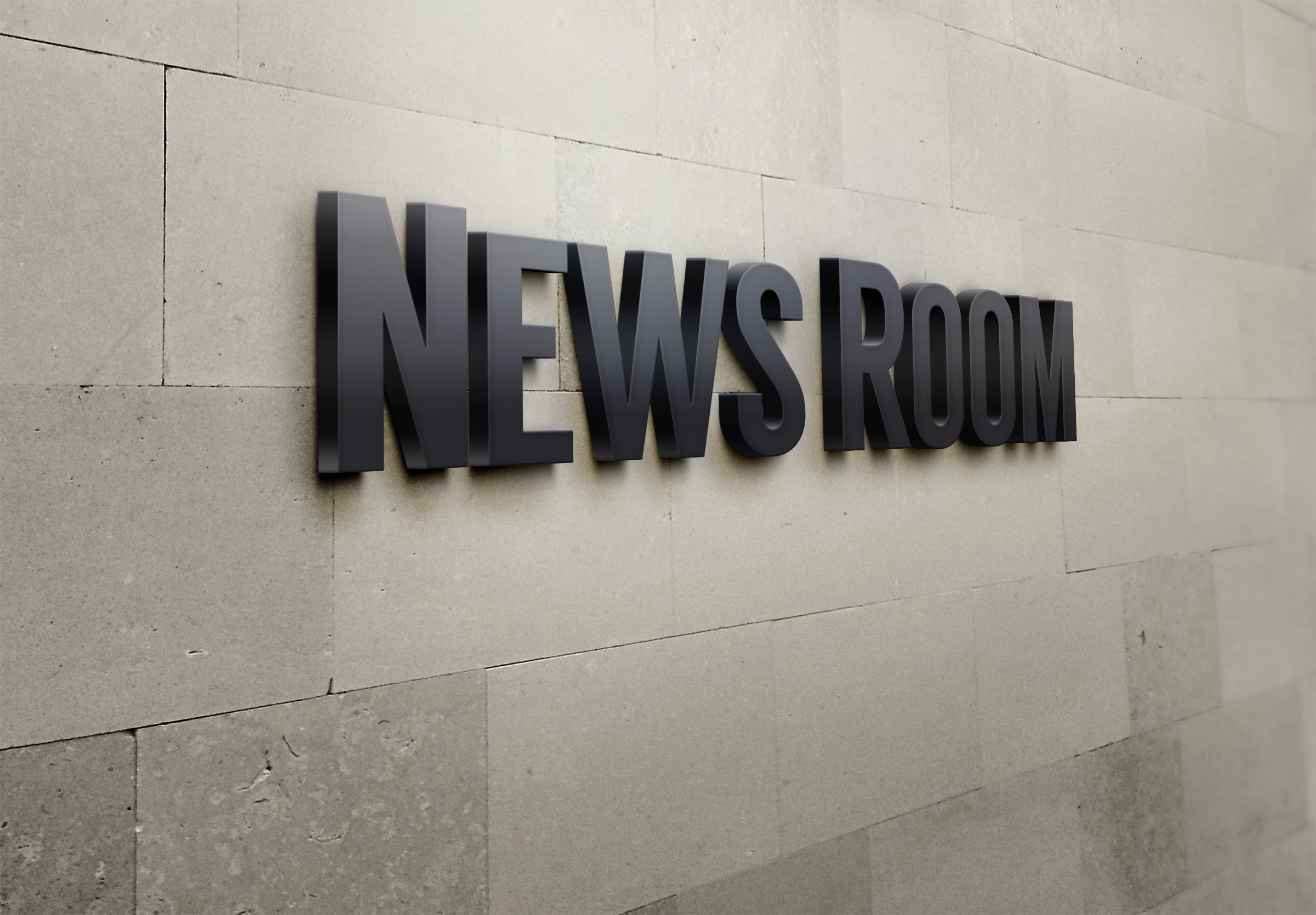
A building signage for 'News Room'.
© ShutterstockBulawayo, Zimbabwe - In a bid to promote gender parity in the media industry, the Friedrich Naumann Foundation (FNF) recently hosted a groundbreaking workshop for early-career journalists, with a special focus on empowering female journalists.
The three-day event, which drew over 30 young journalists from across Zimbabwe, delved into critical topics such as financial reporting, photography, AI in the newsroom, women empowerment, data journalism, climate change, and sustainable reporting. Facilitators included renowned editors Faith Zaba of the Zimbabwe Independent and Victoria Ruzvidzo of the Herald, as well as esteemed therapist Grace Ruvimbo Chirenje.
The workshop provided a rare opportunity for female journalists to share their experiences, challenges, and successes in the male-dominated field of journalism. According to a recent survey, women make up only 30% of newsroom employees in Zimbabwe, highlighting the need for targeted initiatives to promote gender equality.
"Female journalists face unique challenges, from gender-based violence and harassment to stereotypes and biases that limit their career advancement," said Faith Zaba, editor of the Zimbabwe Independent. "Workshops like this are crucial in providing a platform for women to network, learn from each other, and gain confidence in their skills."
The event emphasised the importance of creating safe spaces for women to discuss their experiences and challenges, free from intimidation and bias.
"Women journalists often face discrimination, harassment, and marginalisation in the newsroom," said Victoria Ruzvidzo, editor of the Herald. "It's essential to create opportunities for them to develop their skills, build their confidence, and support each other in their careers."
The workshop also highlighted the significance of women's perspectives in shaping the media narrative, particularly on issues affecting women and marginalized communities. "Women journalists bring a unique perspective to storytelling, and their voices are essential in creating a more inclusive and diverse media landscape," said Anne Mpalume a renowned photographer and facilitator at the workshop.
The FNF's commitment to empowering female journalists is critical in addressing the gender imbalance in Zimbabwe's media industry. By providing training, networking opportunities, and mentorship, such initiatives can help level the playing field and create a more inclusive and diverse media landscape.
As one participant, a young journalist from Dete, Hwange noted, "This workshop has been a game-changer for me. I've learned so much, and I've gained the confidence to pursue my dreams in journalism. I now know that I'm not alone, and that there are women who care and want to support me."
The FNF's workshop is a testament to the power of collective action in promoting gender equality in the media industry. As the media landscape continues to evolve, it is essential to create opportunities for women to thrive, lead, and shape the narrative of Zimbabwe's story.
